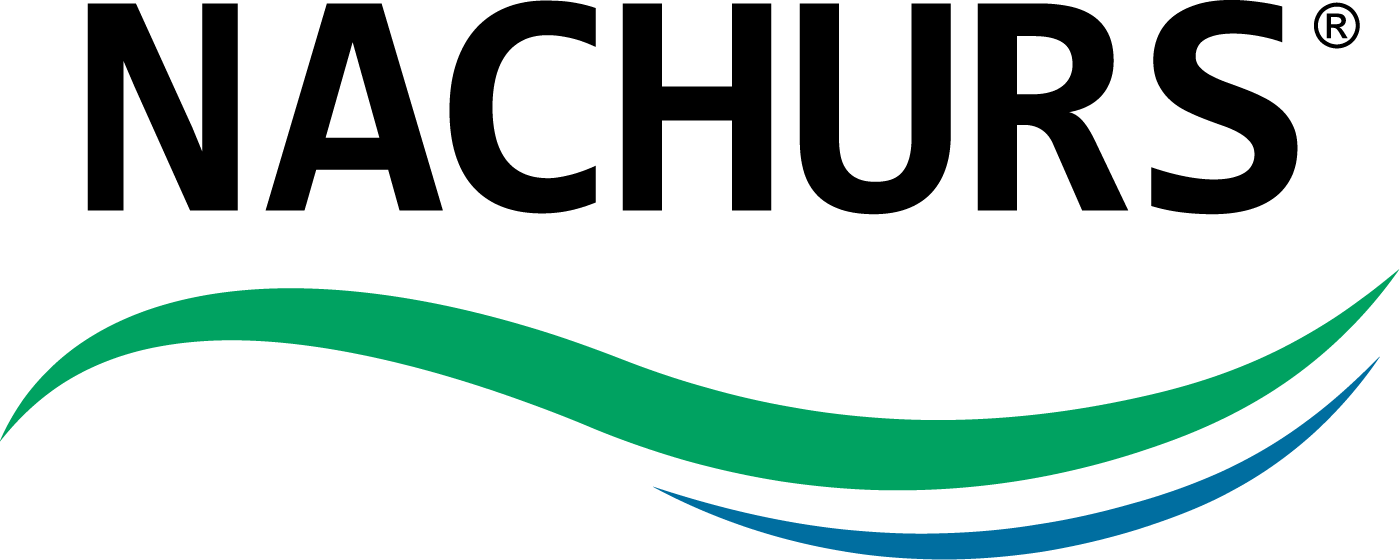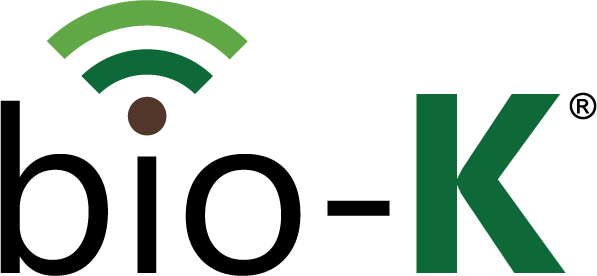Increasing crop yield to feed the world, RESPONSIBLY!
The word Agriculture is a large word in terms of its meaning to the person reading it. For those in urban areas not directly tied to agriculture, it means having food availability at the local market or grocery store to feed their family. For those involved in the agriculture services sector, it means taking products grown on the farm/ranch, transforming them through manufacturing and processing for eventual distribution at the local store or market. For the farmer and rancher, it means growing crops and livestock to support not only their family, but for people all over the world regardless where you live or what your job description is. The weight of future generations is on their shoulders to provide food for a growing population, but at the same time, doing it in a responsible or sustainable manner. How do we do that? Can it be done? The answer is YES we can. Speaking specifically to plant fertility, they require balanced nutrition just as humans do. Plant growth and development (which ultimately relates to yield) relies on hormone cycles, enzyme activation, and complex physiological processes. Planting a corn seed in a field or a tomato plant in a pot on a patio will not grow properly without adequate nutrition. Farmers and ranchers of today are expected to feed the world in an environment of shrinking cultivatable land mass and changing global climate conditions. At some point in time, the resources needed to do this will become more limited. They are expected to do more with less. This is where responsible choices enter the picture in order to protect the environment, both now and in the future. International Plant Nutrient Institute (IPNI) started an initiative years ago to promote good nutrient management practices regardless if in Africa, Brazil, Thailand, or Texas. This is known as the 4R’s of Nutrient Stewardship, which promotes the Right Source, at the Right Time, in the Right Place and at the Right Rate. NACHURS® as a company was founded on these very principles in 1946 to provide quality liquid fertility solutions for use at planting, at low rates when the young growing plant needs immediate access to available food. Gone should be the days of over application of irrigation water and/or low availability fertilizer at times when the plant cannot adequately utilize it. Excessive tillage leads to lower organic carbon levels due to oxidation, fragmented soil structure, and reduced biological activity, which all leads to less water holding capacity. This leads to environmental concerns, more governmental regulations, and is simply not being a good steward of the available resources we have at our disposal. With the outlook of having to do/feed more with less, what solutions can NACHURS offer? The technologies are called Rhyzo-Link® and Bio-K®. NACHURS Rhyzo-Link solutions are a combination of high quality NPK liquid fertilizer with a contained microbial component for improved plant growth, greater root biomass, and elevated tolerance to biotic/abiotic stress, which all leads to increased yield. It also improves quality traits of the crop it’s being used on (i.e. forage protein, tuber size, fruit firmness, etc.). By using this in-furrow at planting, it provides greater chance of root colonialization by beneficial bacteria (Bacillus ssp.) with known attributes and traits to promote sustainable plant growth and higher nutrient use efficiency. The second option for improved sustainability practices in regards to plant fertility is with NACHURS Bio-K. I travel across all parts of North America presenting to various groups about the importance of potassium in plant nutrition. This includes growers of (but not limited to) almond, alfalfa, corn, soybean, turf grass, cane berries, watermelon, tomato, cotton, sugar beet, dry bean, and potato. When you think of plant nutrients, your mind most likely immediately goes to nitrogen. We all know that nitrogen is important, but potassium is just as important. What one does not realize is that many crops (some included above) take up more potassium than nitrogen. Nitrogen use in the U.S. has risen over the past 30 years while potassium use has declined. Crop yields have not risen at a proportional rate to that of nitrogen use. In fact, too much applied nitrogen will cause plants to decrease its uptake of potassium, which would have a dramatic effect on the plants ability to fight off disease and drought stress. Over this same period of time, potassium content in the soil has decreased as well. This is due to higher yielding crops and low (or none) potassium application rates. This equates to lower nutrient use efficiency and overall plant performance as compared to what it could be with having adequate potassium levels. Potassium is the only plant nutrient that does not become part of a specific plant structure and/or compound, as it remains in the fluid parts of the plant to serve in nutrient transport, ionic balance, enzyme/hormone activation, water relations, etc. The common disconnect for most people (farmers as well) is that most of the potassium is returned to the soil contained in stalks, leaves, fodder, stems, etc. Over time, these plant structures will decay and return nutrients to the soil for use by future plants. We also know exactly when plants require each nutrient and how it is partitioned in the plant. In order for a plant to function properly, potassium must be present and available when these uptake spikes take place. This is where the Right Sourcepart of the 4R’s comes into play. Out of the three primary nutrients (nitrogen, phosphorus, potassium), potassium is the only one that has at least two dozen different choices to pick from for use as a plant nutrient. They all vary greatly in solubility, availability, salt content, efficiency, and deliquescence characteristics, just to name a few. NACHURS Bio-K combines all the aspects of a soluble, available plant nutrient coupled with the benefits of an organic acid (carbon), thus making a truly unique potassium acetate based compound. The organic acid portion of NACHURS Bio-K acts as microbial stimulant when applied to the soil, providing an available carbon source to support bacterial propagation and root colonization. In the plant, NACHURS Bio-K provides a base for many primary and secondary metabolites that aid in growth, moisture retention, wax deposition, oil production, osmotic relations, and many more functions. This all leads to a greater chance for the said plant to reach its given genetic potential. These two new technologies from NACHURS are true definitions of what it means to provide sustainable plant growth and nutrient stewardship to help feed the world for future generations.
The word Agriculture is a large word in terms of its meaning to the person reading it. For those in urban areas not directly tied to agriculture, it means having food availability at the local market or grocery store to feed their family. For those involved in the agriculture services sector, it means taking products grown on the farm/ranch, transforming them through manufacturing and processing for eventual distribution at the local store or market. For the farmer and rancher, it means growing crops and livestock to support not only their family, but for people all over the world regardless where you live or what your job description is. The weight of future generations is on their shoulders to provide food for a growing population, but at the same time, doing it in a responsible or sustainable manner. How do we do that? Can it be done? The answer is YES we can.
Speaking specifically to plant fertility, they require balanced nutrition just as humans do. Plant growth and development (which ultimately relates to yield) relies on hormone cycles, enzyme activation, and complex physiological processes. Planting a corn seed in a field or a tomato plant in a pot on a patio will not grow properly without adequate nutrition. Farmers and ranchers of today are expected to feed the world in an environment of shrinking cultivatable land mass and changing global climate conditions. At some point in time, the resources needed to do this will become more limited. They are expected to do more with less. This is where responsible choices enter the picture in order to protect the environment, both now and in the future.
NACHURS Rhyzo-Link solutions are a combination of high quality NPK liquid fertilizer with a contained microbial component for improved plant growth, greater root biomass, and elevated tolerance to biotic/abiotic stress, which all leads to increased yield. It also improves quality traits of the crop it’s being used on (i.e. forage protein, tuber size, fruit firmness, etc.). By using this in-furrow at planting, it provides greater chance of root colonialization by beneficial bacteria ( Bacillus ssp.) with known attributes and traits to promote sustainable plant growth and higher nutrient use efficiency.
The second option for improved sustainability practices in regards to plant fertility is with NACHURS Bio-K . I travel across all parts of North America presenting to various groups about the importance of potassium in plant nutrition. This includes growers of (but not limited to) almond, alfalfa, corn, soybean, turf grass, cane berries, watermelon, tomato, cotton, sugar beet, dry bean, and potato. When you think of plant nutrients, your mind most likely immediately goes to nitrogen. We all know that nitrogen is important, but potassium is just as important. What one does not realize is that many crops (some included above) take up more potassium than nitrogen. Nitrogen use in the U.S. has risen over the past 30 years while potassium use has declined. Crop yields have not risen at a proportional rate to that of nitrogen use. In fact, too much applied nitrogen will cause plants to decrease its uptake of potassium, which would have a dramatic effect on the plants ability to fight off disease and drought stress. Over this same period of time, potassium content in the soil has decreased as well. This is due to higher yielding crops and low (or none) potassium application rates. This equates to lower nutrient use efficiency and overall plant performance as compared to what it could be with having adequate potassium levels.
Potassium is the only plant nutrient that does not become part of a specific plant structure and/or compound, as it remains in the fluid parts of the plant to serve in nutrient transport, ionic balance, enzyme/hormone activation, water relations, etc. The common disconnect for most people (farmers as well) is that most of the potassium is returned to the soil contained in stalks, leaves, fodder, stems, etc. Over time, these plant structures will decay and return nutrients to the soil for use by future plants. We also know exactly when plants require each nutrient and how it is partitioned in the plant. In order for a plant to function properly, potassium must be present and available when these uptake spikes take place. This is where the Right Source part of the 4R’s comes into play.
Out of the three primary nutrients (nitrogen, phosphorus, potassium), potassium is the only one that has at least two dozen different choices to pick from for use as a plant nutrient. They all vary greatly in solubility, availability, salt content, efficiency, and deliquescence characteristics, just to name a few. NACHURS Bio-K combines all the aspects of a soluble, available plant nutrient coupled with the benefits of an organic acid (carbon), thus making a truly unique potassium acetate based compound. The organic acid portion of NACHURS Bio-K acts as microbial stimulant when applied to the soil, providing an available carbon source to support bacterial propagation and root colonization. In the plant, NACHURS Bio-K provides a base for many primary and secondary metabolites that aid in growth, moisture retention, wax deposition, oil production, osmotic relations, and many more functions. This all leads to a greater chance for the said plant to reach its given genetic potential.
These two new technologies from NACHURS are true definitions of what it means to provide sustainable plant growth and nutrient stewardship to help feed the world for future generations.












